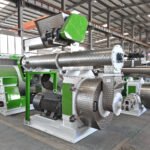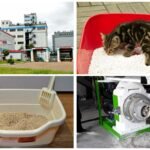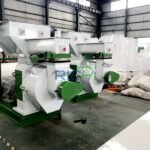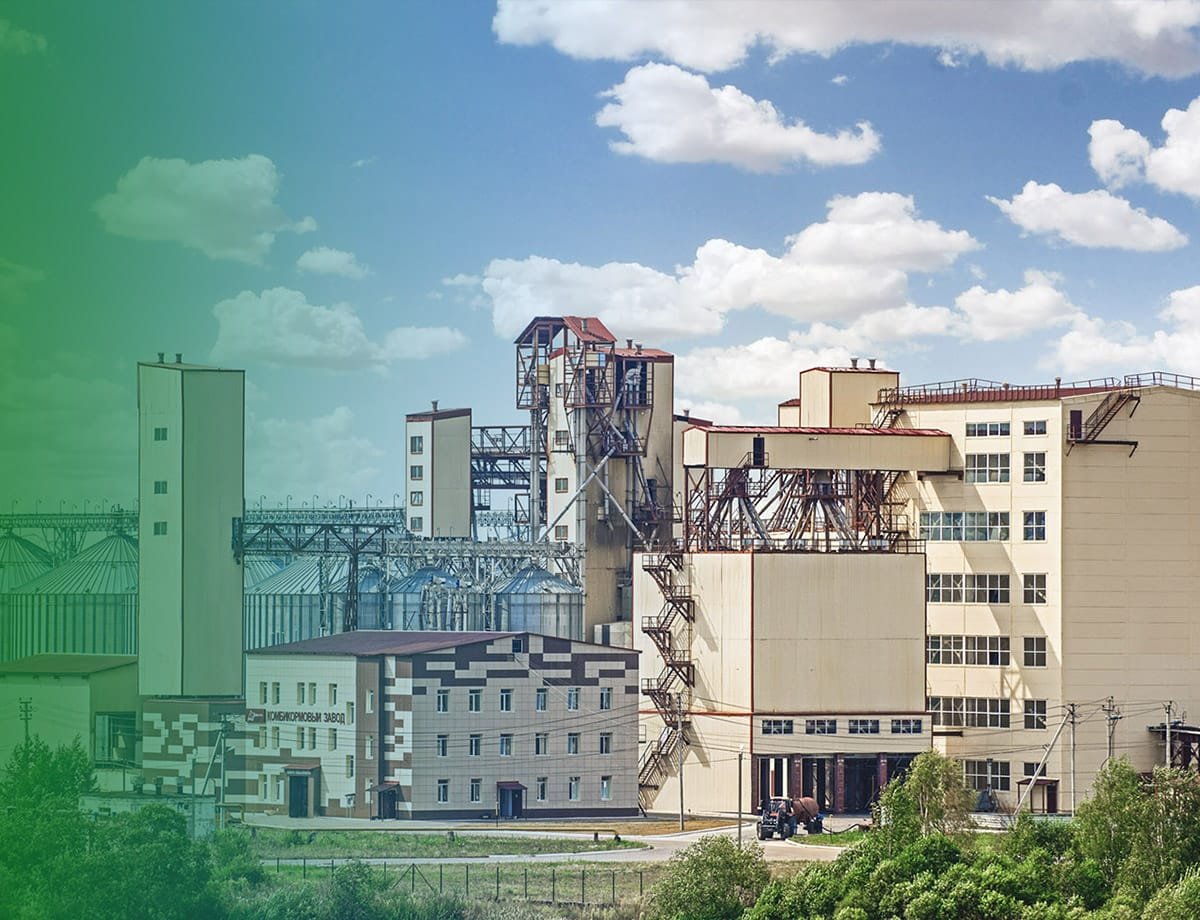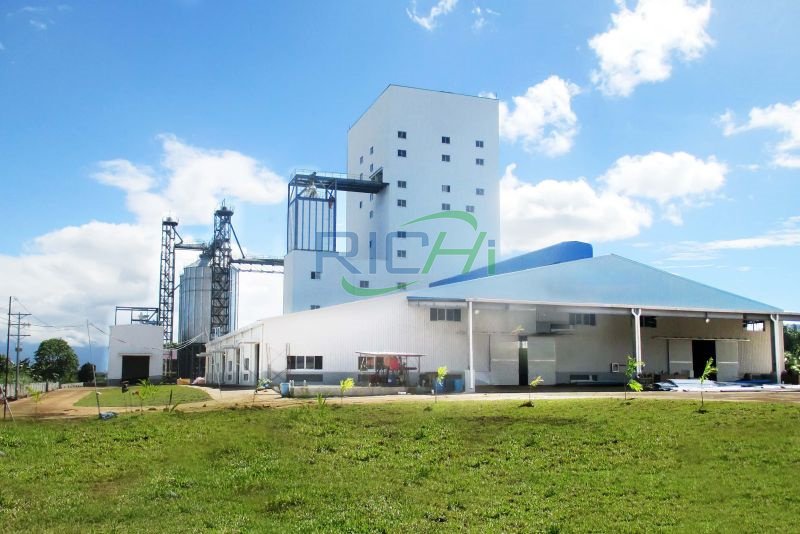Granular applicators are indispensable tools in modern agriculture, ensuring the precise application of granular fertilizers, pesticides, and herbicides. These machines enhance efficiency, reduce waste, and promote healthier crop growth.
In this article, we will explore the significance of granular applicators, their types, working principles, applications, and the latest innovations. Additionally, we will provide guidance on choosing the right granular applicator and introduce RICHI Machinery’s expertise in providing turnkey solutions for agricultural equipment.
Importance of Granular Applicators
Granular applicators play a crucial role in optimizing agricultural inputs. By delivering precise amounts of granules directly to the soil or plants, they help:
- Improve crop yield and quality
- Reduce environmental impact by minimizing runoff and over-application
- Enhance the efficiency of fertilizers and pesticides
- Save time and labor costs
Types of Granular Applicators
Granular applicators can be categorized based on their application method and design:
Broadcast Spreaders
Broadcast spreaders distribute granules over a wide area. They are ideal for covering large fields quickly and are commonly used for applying fertilizers and lime.
Drop Spreaders
Drop spreaders release granules directly below the applicator. This method ensures precise application, making drop spreaders suitable for areas where accuracy is critical, such as lawns and gardens.
Airflow Applicators
Airflow applicators use air pressure to distribute granules evenly. They are highly effective for applying granules over uneven terrain and in areas with dense vegetation.
Band Applicators
Band applicators place granules in narrow, concentrated bands, typically alongside crop rows. This targeted approach reduces waste and improves nutrient uptake by plants.
Working Principles of Granular Applicators
Broadcast Spreaders
Broadcast spreaders typically use a spinning disc to fling granules outwards. The granules are fed from a hopper onto the spinning disc, which distributes them over a wide area.
Drop Spreaders
Drop spreaders have a series of openings along the bottom of the hopper. As the applicator moves, granules fall through these openings, providing a uniform application directly below the spreader.
Airflow Applicators
Airflow applicators use a high-velocity air stream to carry granules through tubes and onto the field. The air stream ensures even distribution, even in challenging conditions.
Band Applicators
Band applicators use a series of nozzles or tubes to place granules in narrow bands. The granules are fed from a hopper and directed precisely to the desired location.
Applications in Agriculture
Granular applicators are used for various purposes in agriculture, including:

- Fertilizer Application: Ensuring even distribution of nutrients to promote healthy crop growth.
- Pesticide Application: Targeting specific areas to control pests and diseases.
- Herbicide Application: Applying herbicides accurately to control weeds without harming crops.
- Soil Amendment: Distributing lime and other soil conditioners to improve soil health.
Latest Innovations in Granular Applicators
Precision Agriculture Technology
Modern granular applicators are equipped with precision agriculture technology, including GPS and variable rate control. These advancements enable farmers to apply granules with pinpoint accuracy, reducing waste and optimizing input use.
Enhanced Hopper Designs
Innovative hopper designs improve the flow of granules, reducing blockages and ensuring consistent application rates. Some hoppers are made from lightweight, durable materials that are resistant to corrosion and wear.
Advanced Control Systems
Advanced control systems allow for real-time monitoring and adjustment of application rates. These systems can be integrated with farm management software, providing valuable data for decision-making.
Choosing the Right Granular Applicator
When selecting a granular applicator, consider the following factors:
- Field Size and Type: Choose an applicator that matches the size and type of your fields. For large, open fields, a broadcast spreader may be ideal, while drop spreaders are better suited for smaller, precise applications.
- Type of Granules: Ensure the applicator can handle the specific type of granules you use, whether they are fertilizers, pesticides, or herbicides.
- Application Precision: Determine the level of precision required for your application. Band applicators and drop spreaders offer higher accuracy compared to broadcast spreaders.
- Durability and Maintenance: Look for applicators made from high-quality materials that require minimal maintenance. Durability is key to ensuring long-term performance.
Conclusion
Granular applicators are essential tools for modern agriculture, ensuring the precise and efficient application of fertilizers, pesticides, and herbicides. With the right applicator, farmers can improve crop yield, reduce environmental impact, and optimize resource use.
FAQs
What is the lifespan of a typical granular applicator?
The lifespan of a granular applicator can vary, but with proper maintenance, it can last between 5 to 10 years.
How do I choose the right granular applicator for my farm?
Consider factors such as field size, type of granules, application precision, and the durability of the applicator. Consult with experts to find the best match for your needs.
What are the common issues faced with granular applicators and how can they be resolved?
Common issues include uneven distribution and blockages. Regular maintenance, proper calibration, and choosing the right applicator for your specific needs can mitigate these problems.
Can granular applicators handle different types of granules?
Yes, many granular applicators are designed to handle a variety of granules, including fertilizers, pesticides, and herbicides. It’s important to choose an applicator that is compatible with the specific granules you use.



